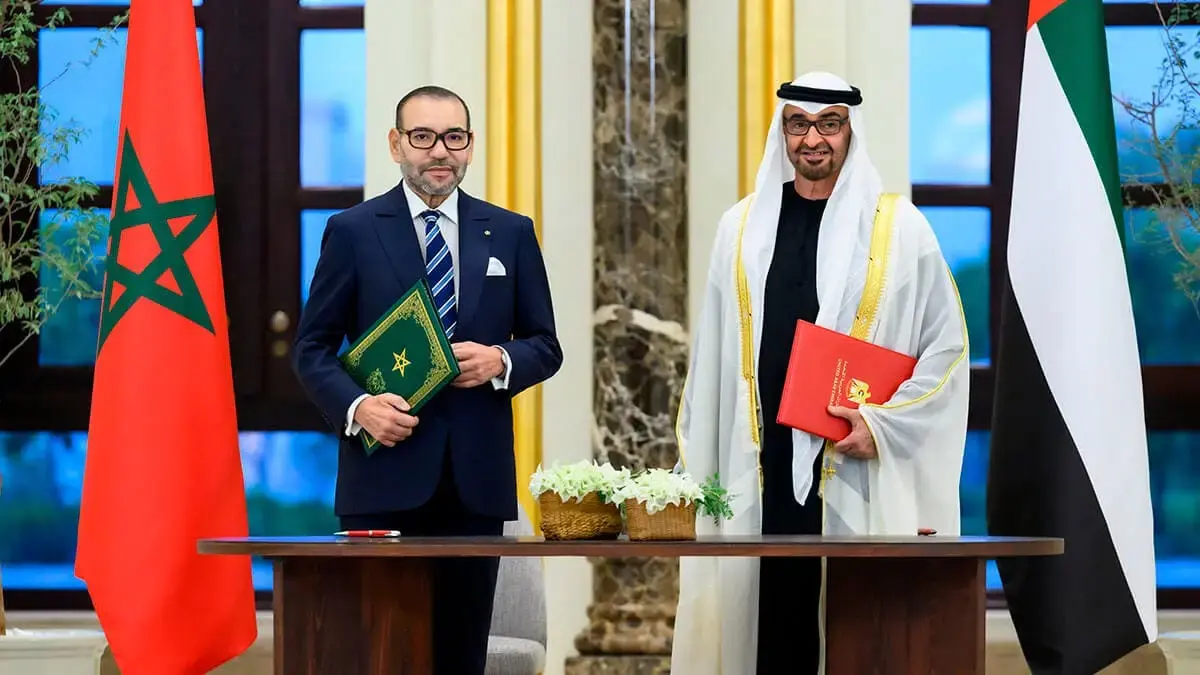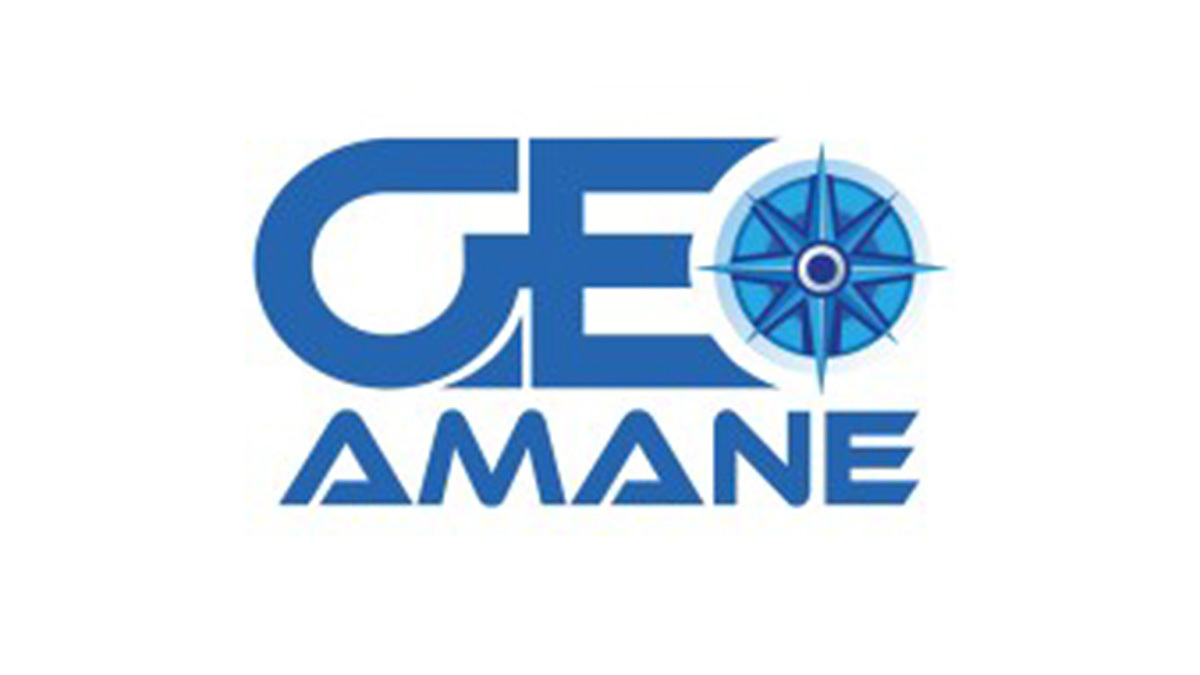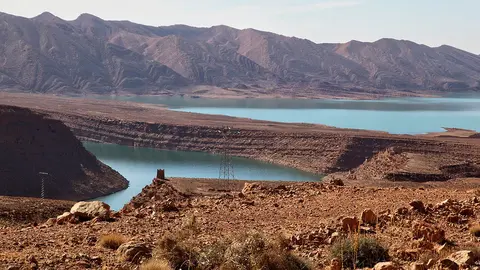Water and energy: the major agreement between Morocco and the United Arab Emirates

The alliance between Morocco and the United Arab Emirates is evolving positively with the announcement of one of the most important water and energy projects in the recent history of both countries, thanks to the collaboration of the Moroccan government with major national companies such as Taqa Morocco, Nareva, the National Office for Electricity and Drinking Water (ONEE) and the Mohammed VI Fund for Investment.
This project, created with the aim of establishing essential infrastructure, is part of the agreement established 18 months ago in the joint declaration between the King of Morocco, Mohammed VI, and the Emirati Sheikh, Mohammed bin Zayed Al Nahyan, signed on 4 December 2023 in Abu Dhabi, which had the ultimate goal of implementing key projects in the energy and water sectors.
🇲🇦🇦🇪| المكتب الوطني للكهرباء والماء ONEE ..
— H A S S A N ۞ (@HMeghribi) May 19, 2025
● بشراكة بين صندوق محمد السادس للاستثمار، و Taqa المغرب الإماراتية، وشركة NAREVA المغربية .. وبقيمة تتراوح بين 13 و 15 مليار دولار.
🛑 توقيع إتفاقية برنامج استثماري طموح يجمع بين الطاقات المتجددة، وتأمين الموارد المائية، وتعزيز… pic.twitter.com/bWRmnwPZXZ
Details of the agreement
Taqa Morocco, in collaboration with Nareva and the Mohammed VI Investment Fund, signed three memoranda of understanding together with the corresponding development contracts with the Moroccan government and ONEE.
These agreements include: new flexible, low-emission electricity production capacities based on natural gas; renewable energy projects; seawater desalination facilities; water transport infrastructure; and an electricity transmission network connecting the south and centre of the country.
This programme will improve water sovereignty and strengthen the resilience of the national electricity grid by increasing both desalinated water and electricity production from natural gas and incorporating more renewable sources into the system. Taqa Morocco announced on its official website that the programme will involve an investment of approximately $13 billion by 2030.

Key projects
The agreement includes, in its initial phase: five seawater desalination plants with a combined capacity of 900 million cubic metres in Tangier, Nador, Agadir, Guelmim and Tan-Tan, which will be powered by green energy developed by Taqa; 800 million for the transport of water via a “water highway” between the Oued Oum Errabia and Oued Sebou basins; refurbishment of the 400 MW gas plant in Tahaddart; and expansion of 1,100 MW CCGT (combined cycle gas power plant) projects.
A new HVDC (high-voltage direct current) line of around 3,000 MW will also be created to link the south and centre of the country, in addition to 1,200 MW in green energy projects under supply contracts with ONEE.
Ownership of the projects will be shared equally between Taqa Morocco and Nareva, with the Mohammed VI Fund and other public bodies owning 15%.

Statements
Abdelmajid Iraqui Houssaini, chairman of the board of directors of Taqa Morocco, commented that ‘this collaboration between the public and private sectors will sustainably renew the country's energy and water sector, which will involve improving transport networks, integrating low-carbon energies and increasing desalination capabilities, all in line with the national climate strategy’.
Taqa Morocco was established in 1997 and is a subsidiary of the Emirati group Abu Dhabi National Energy Company PJSC (Taqa), which has been listed on the Casablanca Stock Exchange since 2013. The company currently meets 34% of the country's electricity demand and accounts for 17% of installed capacity.
On the other hand, Nareva, which began operations in 2004 and is part of the Al Mada group, specialises in electricity generation and water management, applying global standards and sustainable solutions.
Financing
The programme's financing structure will be organised by the consortium and facilitated through both national and international financial institutions. Its implementation will depend on the difficulty of obtaining the necessary permits and complying with existing regulations.
This structural programme will serve to transform Morocco economically, socially and environmentally. It is expected to create more than 25,000 jobs during the construction and operation phases, 40% of which will be permanent.
In addition, it will promote technology transfer and the development of a local industrial ecosystem, particularly in the areas of desalinated water and renewable energy, as well as the promotion of specialised technical and vocational training programmes.










